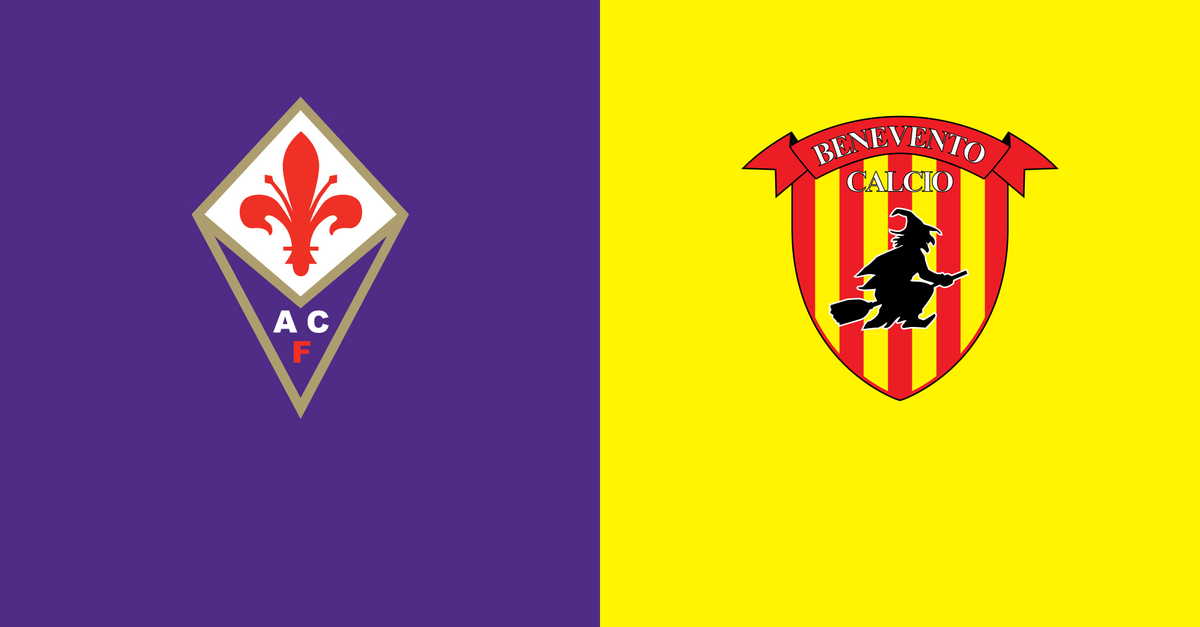The European Parliament awarded the Navalny Sakharov Prize in October this year, but the official ceremony did not take place until Wednesday.
–
“When I wrote to my father and asked him, ‘What exactly do you want me to say before the European Parliament?’ he replied: ‘Tell me that no one can afford to equate Russia with the Putin regime. Russia is part of Europe and we are trying to be part of it. But we also want Europe to strive for itself. About the amazing principles that are at its core. We are striving for a Europe of ideas, celebrating human rights, democracy and integrity. And we don’t want a Europe of chancellors and ministers who dream of getting a job on the board of Putin’s state-owned enterprises or sailing on an oligarch’s yacht, “said Navalny’s daughter in a plenary speech.
–
At the beginning of the speech, she emphasized that the opportunity to take the prize instead of her father was a great honor for her. At the same time, she was said to be afraid that as a 20-year-old university student she would do something wrong.
–
She noted that while it was great to come to the European Parliament, it was also apparently “exactly what my family’s nightmare looks like”. “I travel to various conferences and summits, I have speeches on behalf of my father … but he is in prison,” she said, noting that she only learns from the media how her father faces ill-treatment.
–
She drew attention to Belarus
In her speech, Navalná also drew attention to other political prisoners. “But this is not just about Alexei Navalny. Where are last year’s laureates – the Belarusian opposition? Most are in jail. Where is 2010 Nobel Peace Prize winner Liu Xiaobo? He died in prison, “she warned.
–
“Navalny has shown that corruption thrives when human rights are not respected. The fight against corruption is a fight for universal human rights, a fight for human dignity and the rule of law, “said EP President David Sassoli at the ceremony. He called Navalny a political prisoner and called for his immediate release.
–
Navalny is now serving a 2.5-year prison sentence for violating an earlier sentence for alleged embezzlement; he did not show up for police check-ups, because after a poisoning last summer he fell into a coma and then was treated in Germany. He was imprisoned immediately upon his return to his homeland. Navalny considers his condemnation to be political and recalls that his trial found the European Court of Human Rights unjust, for which the Russian state paid him compensation. He also claims to have been poisoned by Russian President Vladimir Putin. The Kremlin denies this, and Putin himself avoids pronouncing Navalny’s name at all.
–
The European Parliament has been awarding prizes in the name of the leading Soviet dissident Andrei Sakharov every year since 1988 to individuals or organizations fighting for human rights and fundamental freedoms. It is associated with a financial reward of 50,000 euros (almost 1.3 million CZK). The winner is announced at the EP plenary session by its president, after agreeing with the leaders of the political groups. Sakharov Prize laureates include a number of prominent figures, such as South African human rights activist and later President Nelson Mandela, Burmese politician Do Aung San Suu Kyi and the 1968 Prague spring leader Alexander Dubcek.
—


